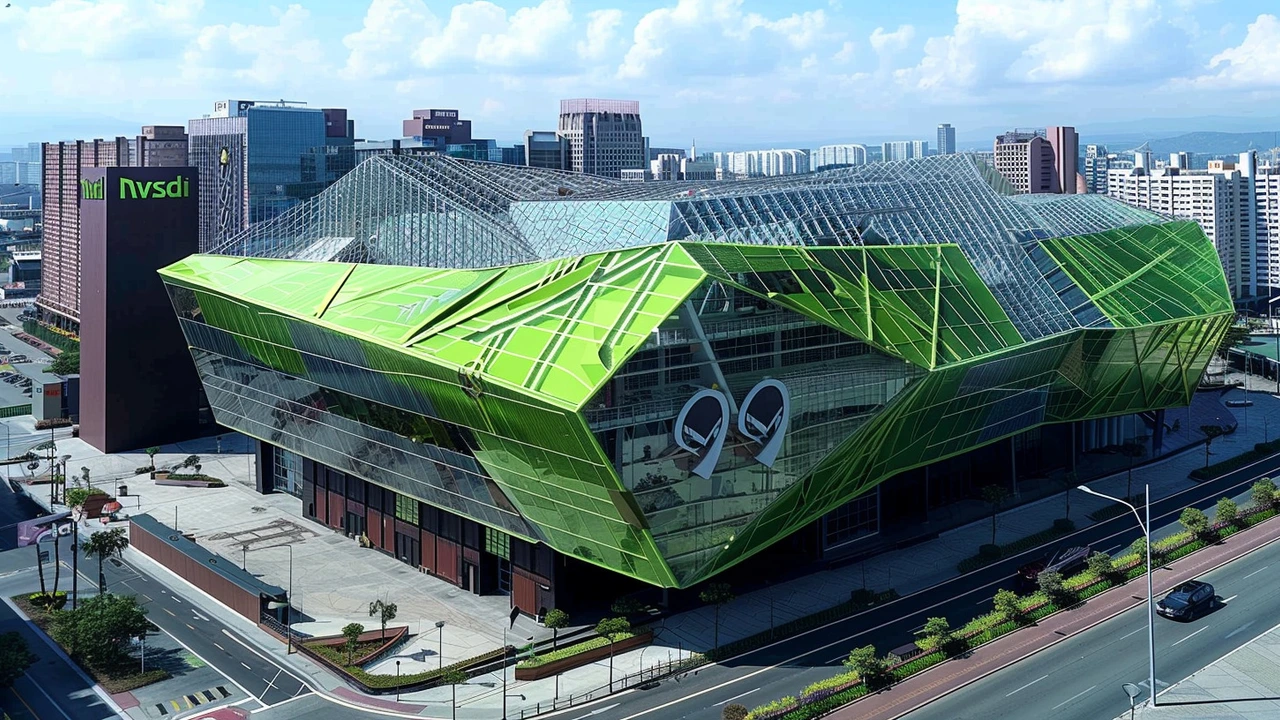Nvidia isn’t just about gaming GPUs or powering self-driving cars; it’s rapidly becoming a game changer for agriculture, conservation, and eco-tourism across Africa. While headlines may focus on big launches in the US or Europe, the company’s technology is filtering into fields, wildlife reserves, and even small-scale farms right here in Africa. Artificial intelligence and machine learning, turbocharged by Nvidia hardware, are now behind smarter wildlife tracking, advanced anti-poaching systems, and next-level crop monitoring.
So, how’s Nvidia making an impact on African soil? Start with farm management. Leveraging Nvidia GPUs, researchers and startups in countries like South Africa and Kenya use AI-powered image recognition to spot plant disease early, identify invasive species, and even pinpoint the best times to irrigate. This isn’t just saving money for farmers—it’s helping boost yields and reduce waste. Farmers get practical insights from satellite imagery or drone footage that would've taken days to analyze without AI acceleration.
On the wildlife front, Nvidia’s hardware powers smart camera systems capable of identifying specific animals—like elephants or rhinos—in real-time. This helps rangers respond faster to threats, whether it’s poachers or natural dangers. Several conservation projects are using deep learning models on Nvidia modules to sift through huge amounts of camera trap data, which used to clog up researchers’ desks for months. Now, those thousands of images are processed in hours, not weeks.
It’s not all about the big players either. Startups and even university students are tapping into Nvidia’s AI toolkits, some courtesy of grants or partnerships with global research projects. For example, teams working in the Kruger National Park have developed facial recognition software for animals, helping track migration, health, and even social behaviors. These innovations aren’t just cool — they’re practical, with measurable results in biodiversity management and poaching prevention.
Eco-tourism is seeing a shake-up, too. Smart safari vehicles outfitted with Nvidia-based systems give guides real-time info about wildlife movement and weather, helping guests enjoy better, safer trips. And because data is often transmitted directly from game farms, city-based researchers and international conservationists can log on and analyze situations remotely, reducing the need for constant travel and onsite monitoring.
Curious about what comes next? Expect Nvidia’s footprint in Africa to get bigger as digital transformation becomes the new normal. More affordable hardware opens doors for smaller farms, local non-profits, and community-led conservation. The race is on to collect good data and use it wisely, so keep an eye on Nvidia-driven innovation if you’re serious about Africa’s environmental future.
Stay tuned to African Game Farms Daily News for fresh stories, interviews, and on-the-ground updates about Nvidia’s growing impact on wildlife tech, agri-business, and conservation across the continent.

Nvidia has achieved a historic milestone by surpassing Microsoft to become the world's most valuable company. The chipmaker's market capitalization soared to $3.335 trillion, driven by robust demand for its GPUs in AI development, positioning it ahead of industry giants like Microsoft and Apple.
Read More >>
Nvidia's $3 trillion valuation and Microsoft's leading role in AI have drawn scrutiny from the FTC and the Justice Department, leading to antitrust investigations. Both companies' expansive influence in the AI sector has sparked regulatory concerns about competitive practices.
Read More >>